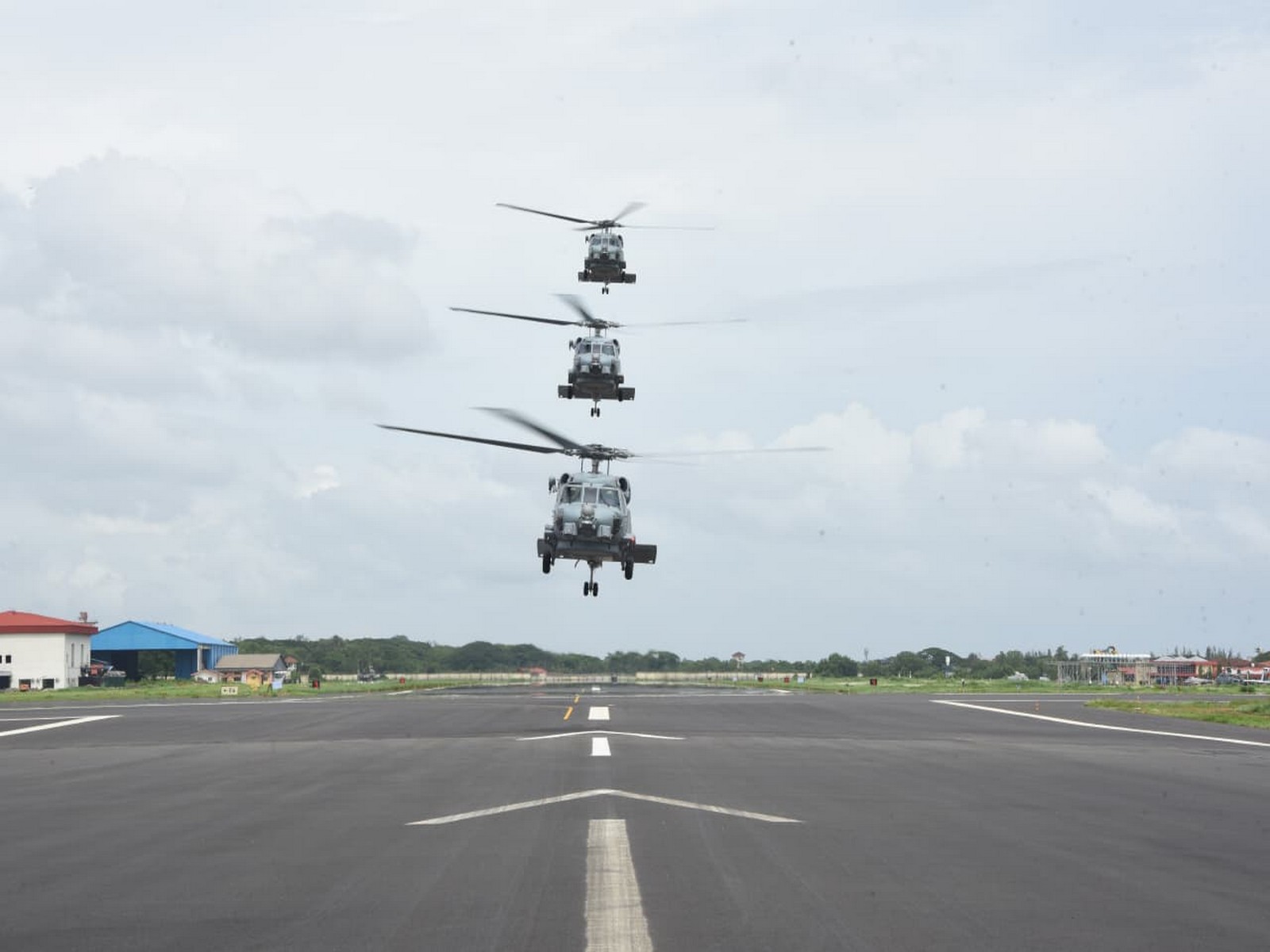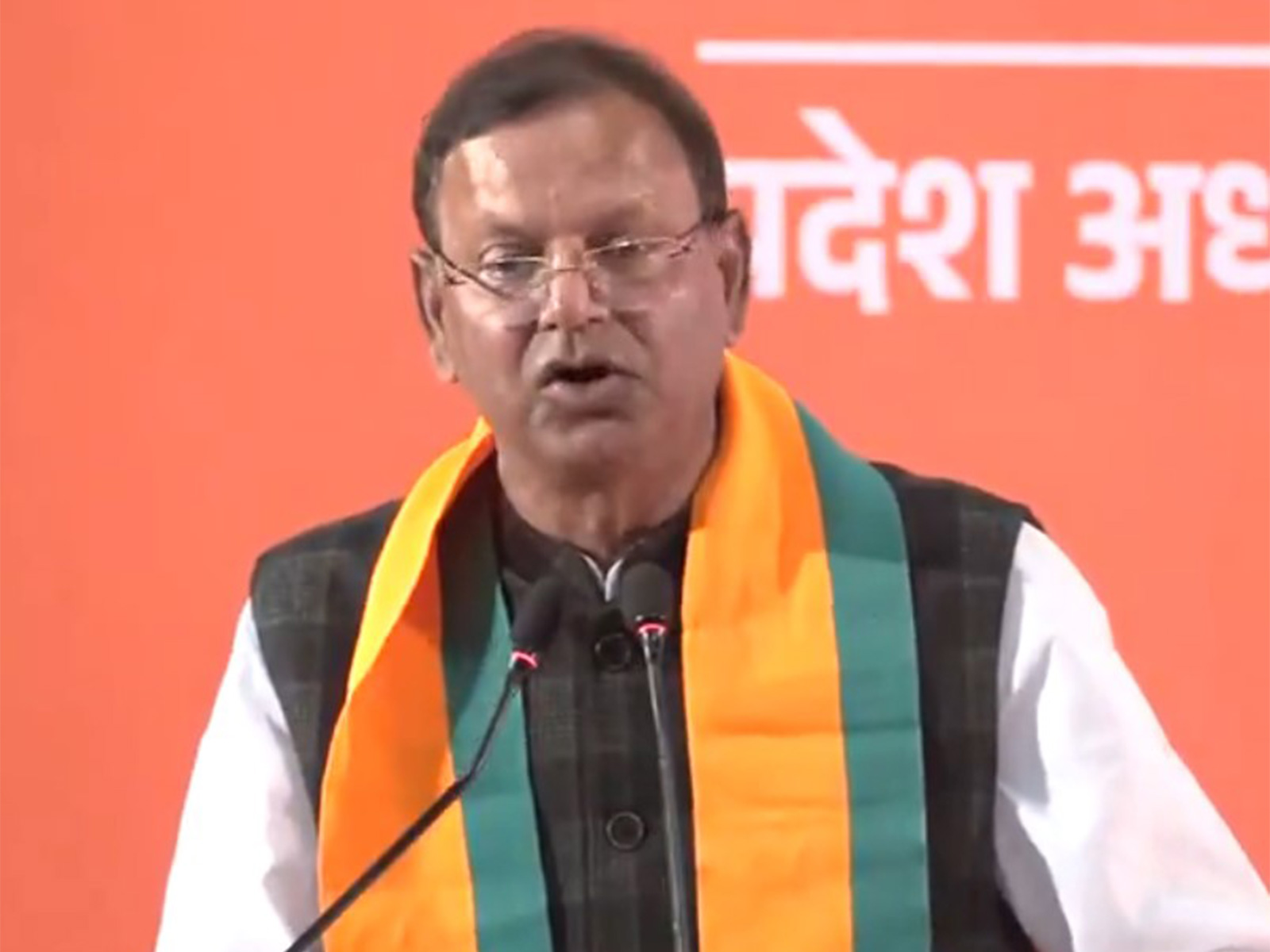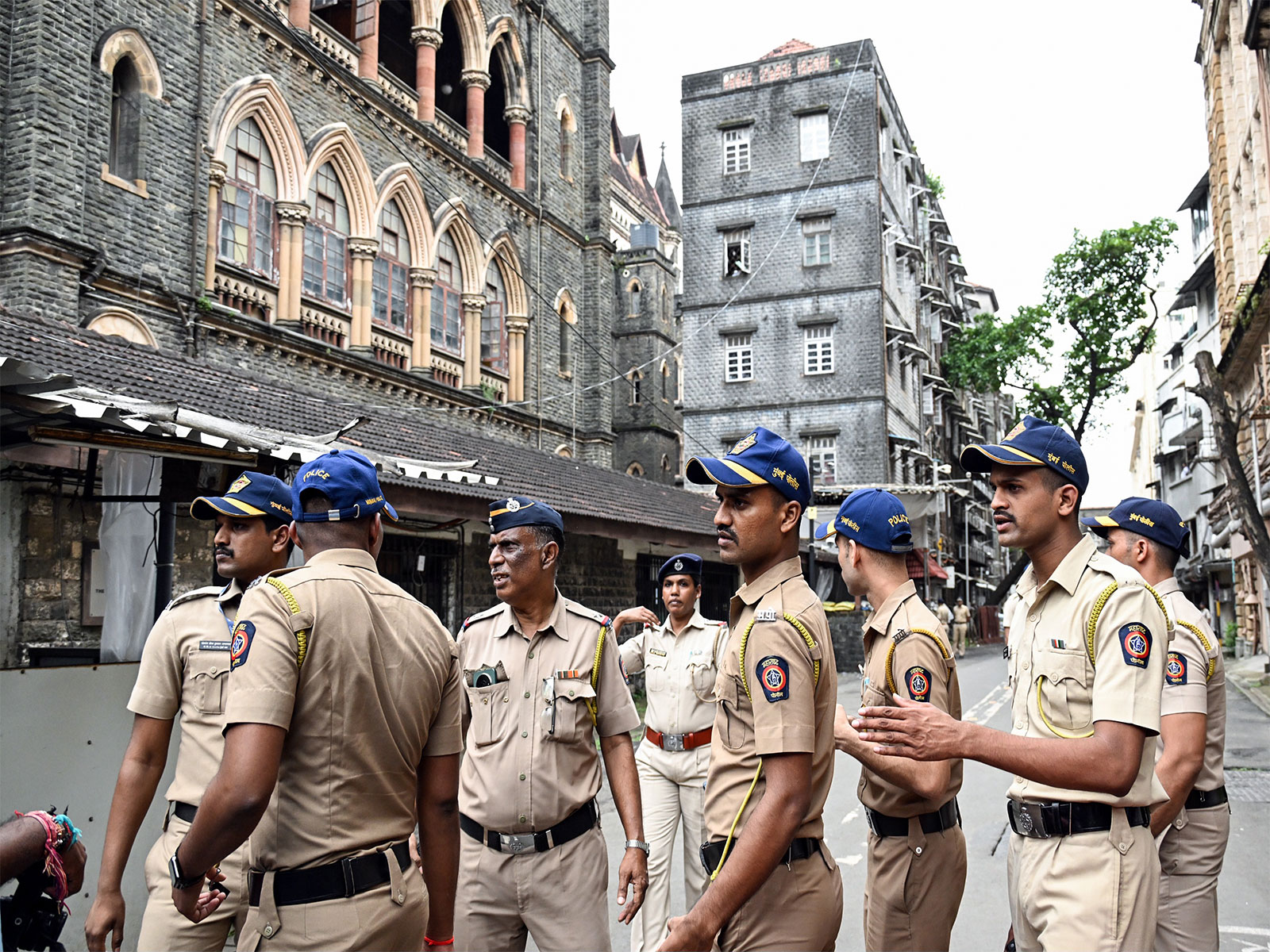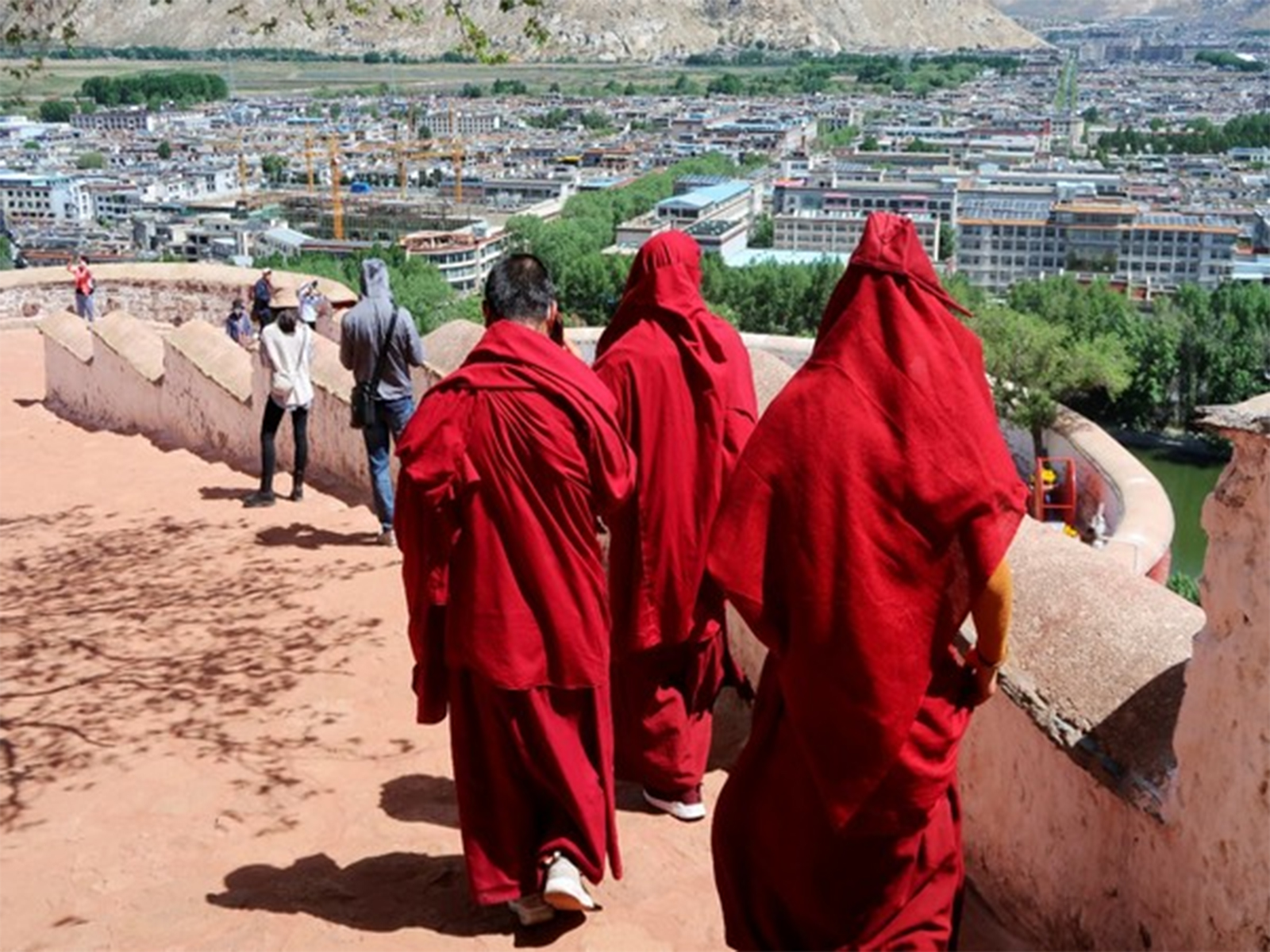SC's verdict dismissing challenges to abrogation of Article 370 is 'disturbing': CPI(M)
Dec 11, 2023

New Delhi [India], December 11 : The politbureau of the Communist Party of India (Marxist) on Monday said that the verdict of the Supreme Court dismissing the challenges to the abrogation of Article 370 and dissolution of the state of Jammu and Kashmir is disturbing and has serious consequences for the federal structure of the Constitution which is one of its fundamental features.
"The verdict says that J-K does not retain any element of sovereignty after the Instrument of Accession was signed and hence ruled that the Constitution of J-K is redundant. But was not signing of the Instrument of Accession conditional to retaining a special status contained in now abrogated Article 370?" CPI(M) said in a statement.
"The verdict declares that J-K is like any other state in the Indian Union, thereby depriving it of even the special features granted to the northeastern states and some others under various clauses of Article 371," the statement added.
The CPI (M) in its statement said that the verdict has evaded going into the merits of downgrading the state of J-K into two Union Territories, stating that the Solicitor General has promised the return of statehood.
"At the same time, the creation of a separate Ladakh Union Territory is upheld as valid. So, the restoration is not for the original state of J-K, but only a part of it and even that remains an assurance on paper," it added.
CPI(M) further said in a statement that strangely, the Supreme Court directs the Election Commission of India to hold polls in J-K at the earliest not later than September 30, 2024. The verdict, thus, gives the Central government a long rope to retain control over J-K.
"When a state is under President's rule and its statehood is dissolved, in the absence of an elected Legislative Assembly can the concurrence of the President appointed Governor be taken as the substitute? Again, this has serious consequences for all other states where President's rule can be imposed and its boundaries altered or statehood dissolved," CPI(M) added.
Party politbureau in a statement noted that the provisions under Article 3 of the Constitution state that the President shall refer the Bill for reorganization of any state to the legislature of the concerned state to elicit its opinion. This verdict opens Pandora's box permitting the Central Government to unilaterally initiate the formation of new states, alteration of areas, boundaries or names of existing states. This may well lead to serious undermining of federalism and the rights of the elected state legislatures.
"A detailed response to this 5-bench verdict, with the main judgement and two concurring judgements, can only be made after a thorough study. However, it is clear that this verdict has serious implications for the Federal structure of our Constitution and is inclined to strengthen a unitary state structure in the name of "integration" and by invoking "national security," CPI(M) said in its statement.
The Supreme Court on Monday upheld the Union Government's decision to abrogate Article 370 of the constitution which gave special status to Jammu and Kashmir and said that every decision taken by the Centre on behalf of a State can't be subject to a legal challenge.
A five-judge Constitution bench comprising Chief Justice of India DY Chandrachud, Justices Sanjay Kishan Kaul, Sanjiv Khanna, BR Gavai, and Surya Kant delivered the verdict.
CJI Chandrachud reading out the judgement said that every decision taken by the Centre on behalf of a State under proclamation can't be subject to a legal challenge and it will lead to the administration of the State to a standstill.
Supreme Court said that it has held that Article 370 was a temporary provision. "The proclamation of Maharaja stated that the Constitution of India will supersede. With this, the para of Instrument of Accession ceases to exist.... Article 370 was an interim arrangement due to war conditions in the State. Textual reading also indicates that Article 370 is a temporary provision," the Court said.
The Court also noted that Article 370 was meant for the constitutional integration of Jammu and Kashmir with the Union and it was not for disintegration and the President can declare that Article 370 ceases to exist.
"Concurrence of the State government was not required to apply all provisions of the Constitution using Article 370(1)(d). So, the President of India taking the concurrence of the Union government was not mala fide," the Court noted.
The Supreme Court also directed the Election Commission to hold Jammu and Kashmir Assembly elections by September 30, 2024. The Supreme Court said in view of Centre's submission on restoration of statehood of Jammu and Kashmir, it directs that statehood shall be restored as soon as possible.
On August 5, 2019, the central government announced the revocation of the special status of Jammu and Kashmir granted under Article 370 and split the region into two union territories.
















